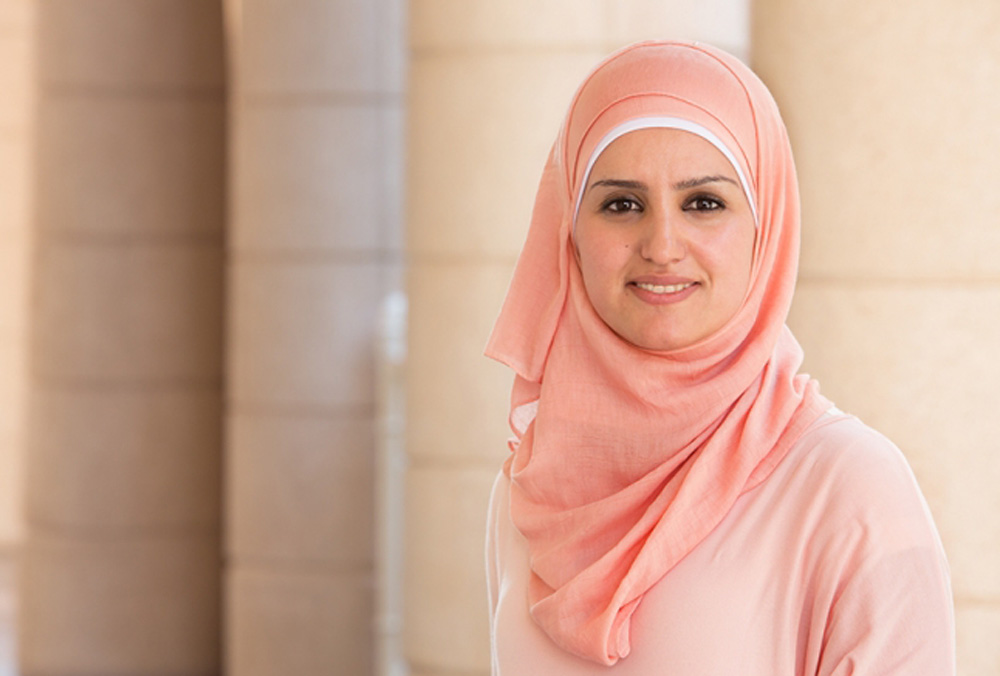
There are few things more satisfying than watching Arab women rise to take leading positions in society, and in the world of tech, that is no less true. There are some truly powerful women out there shaking it up in the tech world, changing the way we work and play. Here are four names you need to know.
1. Ayah Bdeir – Founder of littleBits

If you haven’t heard of it already, littleBits is an open source library of modular electronics – Lego-like blocks with electronic circuits that snap together with the help of magnets – designed to make learning science fun. It was designed by none other than Ayah Bdeir, an engineer and interactive artist, who wasn’t really sure she wanted to finish her education as an engineer in the first place. Now a leading mind in educational tech, she has received many titles and awards since.
2. Abeer Abu Ghaith – Founder of StayLinked

One of the youngest female Arab influencers in tech at only 29, Abu Gaith has been branded as Palestine’s first high-tech female entrepreneur. In 2016, she founded StayLinked, an interface that helps Palestinian freelancers and businesses connect, outsource and collaborate. Part of the reason she started StayLinked was to help qualified Palestinian women gain better access to jobs, especially where worthy jobs are locally out of reach.
3. Reine Abbas – Co-Founder of Wixel Studios

Named as one of the most powerful women in gaming back in 2013 by Inc.com, Reine Abbas is responsible for launching Wixel Studios. She co-founded the company with her husband and business partner back in 2007, and it has only grown since. Wixel is known for its series of games that place a clear focus on politics, with Survival Race being one of their highly-downloaded games of 2016. Her recent game is called Little Heroes, Big Deeds, an edutainment game for children.
4. Hind Hobeika – Founder of InstaBeat

When it comes to sports technology, Hind Hobeika crushed the swimming sector with Instabeat, a display monitor that mounts onto swimming goggles. The technology is designed to monitor heart rate, calories burned, lap times and breathing frequency, in order to help swimmers keep track of their progress and improvement. The Lebanese founder is also a professional swimmer, which is what helped her identify the need for technology amongst this sector of professional athletes.
















